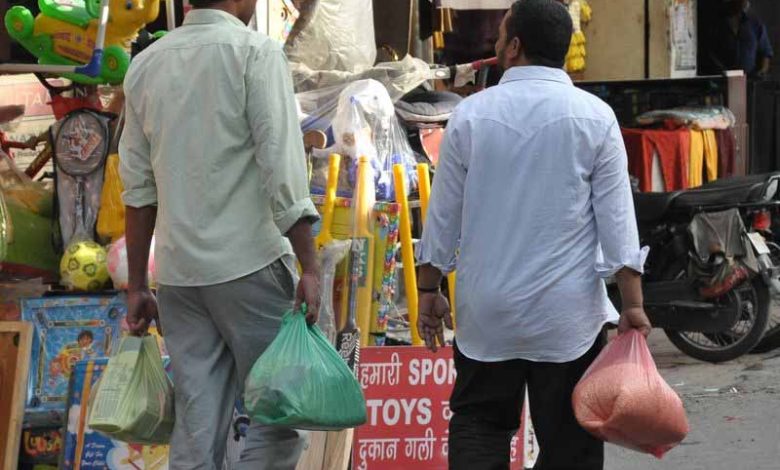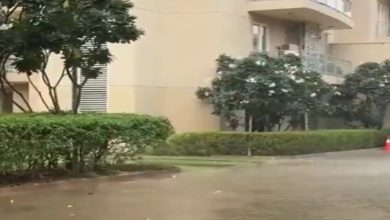Himachal: Controversy over change in government policy on plastic bags

Himachal Pradesh: The recent decision of the Himachal Pradesh government to allow 80 GSM non-woven polypropylene (PP) carry bags while simultaneously banning compostable bags has sparked a heated debate among environmentalists, industry leaders and policymakers. The move, mentioned in the notification STE-F(4)-1/2019 dated January 21, 2025, justifies the ban by claiming that compostable bags do not decompose at temperatures below 35°C. However, environmental experts argue that this argument is contrary to scientific evidence and established environmental policies. Environmentalists, including Ashutosh Gupta, have strongly criticised the government’s argument, saying that it violates the Plastic Waste Management Rules, 2016. These rules define compostable plastic as a material that decomposes into water, carbon dioxide and biomass under controlled composting conditions. Gupta also highlighted that renowned institutes such as the Central Institute of Plastics Engineering and Technology (CIPET) and Defence Research and Development Organisation (DRDO) have certified that polybutylene adipate terephthalate (PBAT) and starch-based compostable plastics decompose effectively under various environmental conditions.
Furthermore, European nations – which experience much colder climates than Himachal Pradesh – have already transitioned to 100 per cent compostable materials, challenging the state government’s temperature-based justification.
The decision to allow non-woven PP bags is particularly controversial as these were previously banned under the Himachal Pradesh Non-Biodegradable Garbage (Control) Act, 1995 due to their environmental impact. While non-woven PP bags are promoted as reusable, studies indicate that they can persist in the environment for hundreds of years if not disposed of properly. Additionally, quality PP bags below 20 GSM have flooded the market, further aggravating the state’s plastic waste problem. In contrast, compostable options can decompose within six months to a year, making them significantly more environmentally sustainable. Environmentalists argue that replacing biodegradable materials with non-biodegradable plastic bags is a step backward in Himachal Pradesh’s commitment to sustainability and conservation. The policy change has also had an impact on Himachal Pradesh’s emerging green manufacturing sector.
Over 15 start-ups have already invested in compostable bag manufacturing equipment, hoping to drive a policy-driven demand shift towards eco-friendly options. In addition, the state has three Central Pollution Control Board (CPCB)-certified compostable plastic manufacturing units, capable of supporting a local sustainable supply chain. The ban on compostable bags now threatens their viability, raising concerns about investment losses and a slowdown in green industrial development. Environmentalists allege that the Himachal Pradesh State Pollution Control Board had earlier recommended banning non-woven PP bags and encouraging compostable alternatives. However, despite mounting evidence of long-term environmental damage, the latest policy shift appears to favour plastic manufacturers. Himachal Pradesh’s new policy is in contrast to global sustainability efforts. Many European countries have already phased out non-woven PP bags, and opted for 100% compostable packaging instead.
In India too, states like Sikkim and Kerala have successfully implemented compostable bag policies, proving their practicality and effectiveness. Experts argue that instead of banning compostable bags, the state government should focus on increasing awareness among people about composting and waste management, developing industrial composting infrastructure, and enforcing strict environmental regulations to ensure sustainable practices. The latest policy shift puts Himachal Pradesh at a critical juncture: will the state prioritise utility and industry interests, or re-align itself with global sustainability standards? As public awareness grows and environmental activists mobilise, the growing pressure may force the government to reconsider its decision. The ultimate challenge lies in striking a balance between economic growth, waste management and environmental responsibility. As the world moves towards zero-plastic goals, Himachal Pradesh must decide: will it be a leader in sustainability, or a laggard in the fight against plastic pollution?





